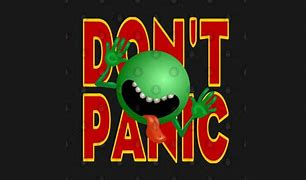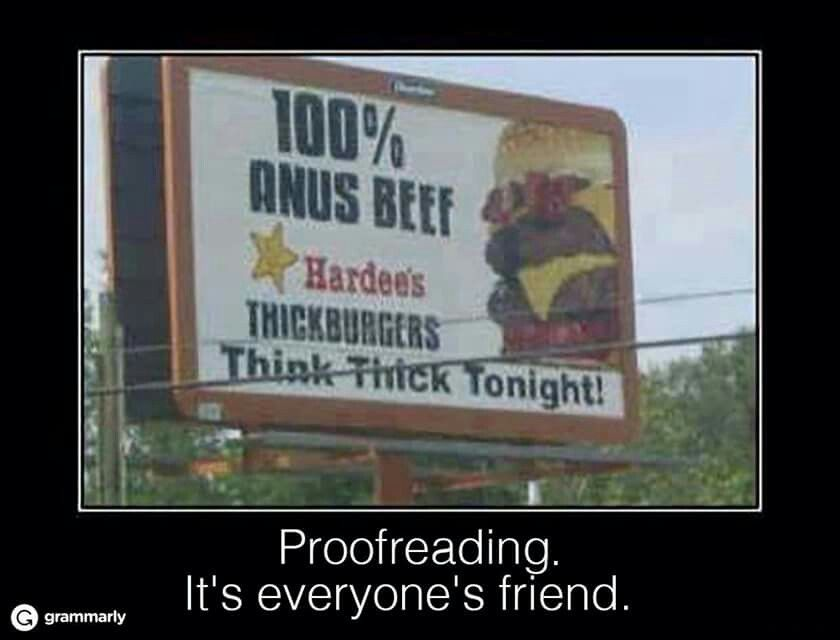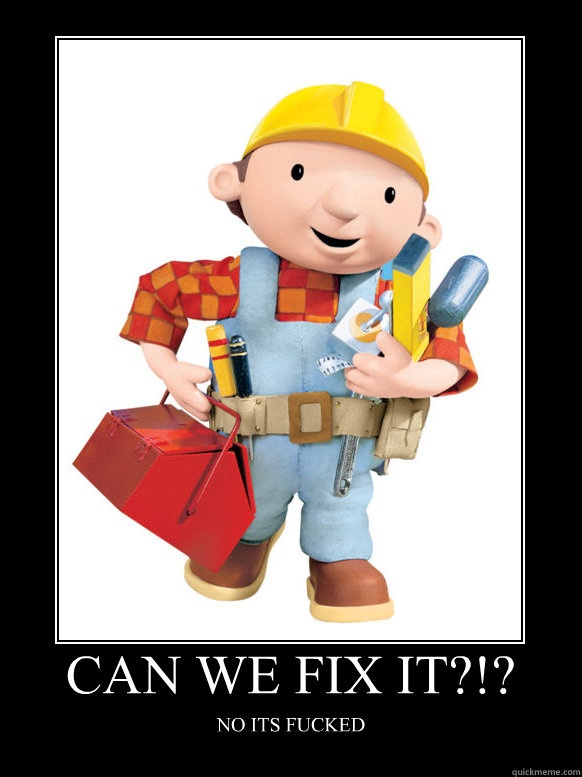You've been slogging at this for ages, but finally you see something solid and real in front of you. Unless it's on your screen of course and then it's virtual. The fact is, you've done it. YOu've completed your masterpiece and now it's almost ready to make you famous and rich, or both.
ALmost. this is where decisions need to be made. Editor or no editor? Formatter or no formatter? find a publisher who is interested, or self publish? HOw will you design a cover that leaps up and says, "read me i'm interesting?"
NOw here is where i put in my disclaimer. THe road i took to publishing is my road. You are welcome to join me on it, but you don't have to. There are many routes to getting your work in print, and you can google to your hearts content to find out about them. THis is just my way. It may not be better or worse than other routes, but it was the route i took, and if it helps you then that is gratifying.
first the editor part. for "the quick and the quirky" I chose not to have a professional editor. THe main reason was simple. Many of my stories were done in the vernacular of a certain age, region or period of time. AN editor is going to have trouble wading through the speech to find errors or replacements. If you are doing a non fiction book, i encourage an editor but if it is fiction, then you'll have to choose. That means though, that at this point you probably need to read over your manuscript a few more times, with acute attention to catch those pesky errors you missed the first several edits. Please don't skip this step, it will make a huge difference to the professionalism of the final product.
an editor will cost you though. I did hire one for my first book and it was about 500 dollars. BUt if you feel you need it, please don't let cost deter you. Mortgage your dog if you have to, but pay an editor.
the next step is getting the book ready for publication. I strongly suggest a professional formatter. the formatter will make sure the print fits, the pages are lined up properly. the font suits the work and if you want illustrations, they suit your story. THey can design your cover, format the liner notes, the biography, table of contents, acknowledgements etc. In short they can turn your manuscript into a book that is worthy of sitting on the shelves in the book shop or library. hard copy and ebook format are very different and your friendly formatter will handle that too. they may even recommend a good publisher and will sometimes do the uploading for you.
trust me this is a worthwhile investment. no point in writing a masterpiece, only to have it ignored because it looks like something a fourth grade would write at home. You can find formatters online, but don't just leap into it. Do your homework.. I was lucky to have a connection who turned me on to a wonderful lady who i have worked with ever since.
for your cover and inside illustrations if you are using such, you can find wonderful images on the internet, which you may use if they are free domain. I used deposit photos. Wonderful selection. I paid for a month's use, about eight dollars. i sent the photos, bio, liner notes etc. to my formatter and she turned it into a cover i was completely happy with.
if you choose to do everything on your own, there are ways to do it, but i honestly didn't want to go there, and so i know not how to do so. i'd happy to hear your story though.
if you find the right people they will walk you through this more easily than you think.










